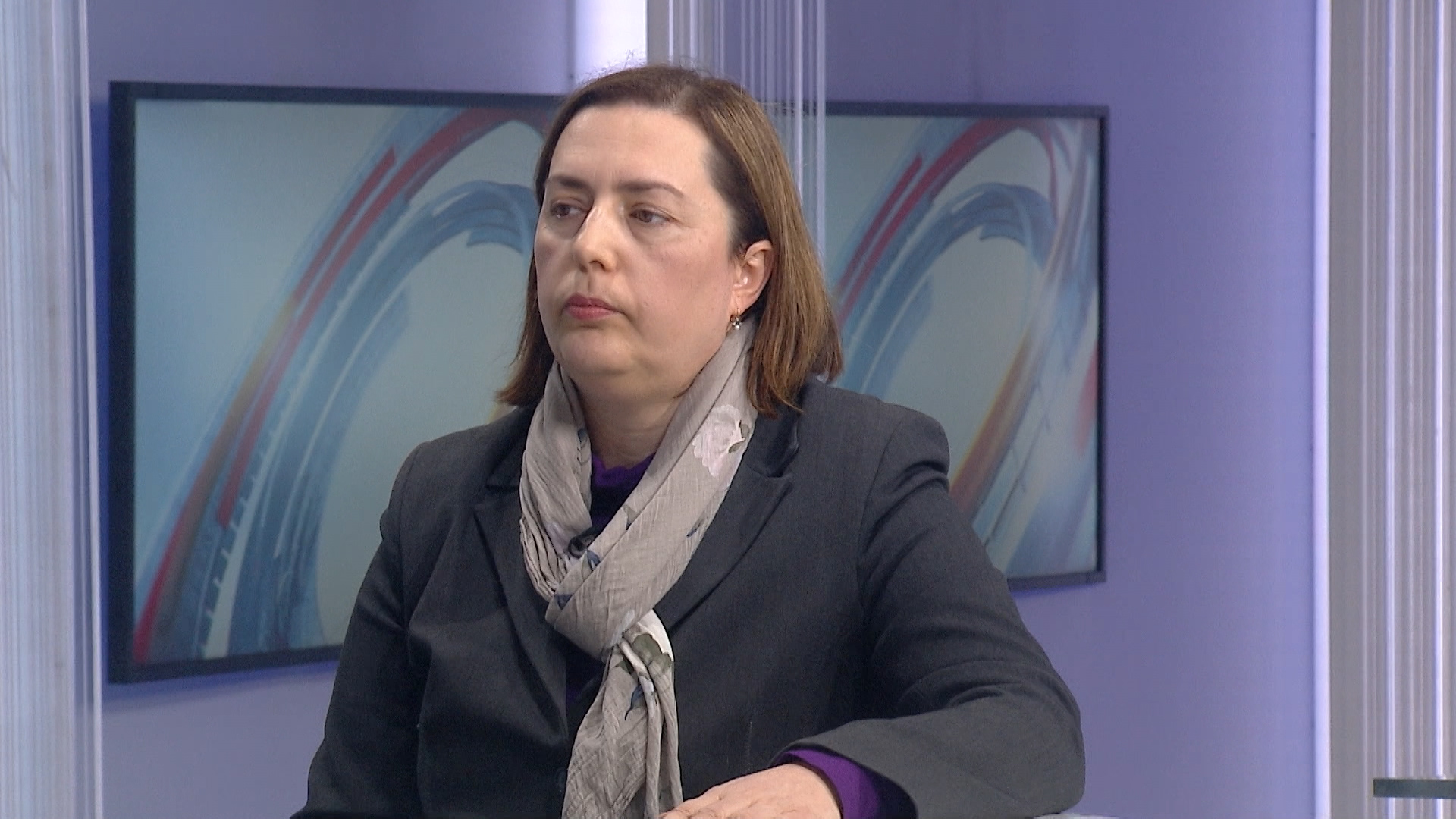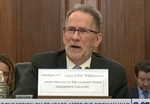
The number of migrants crossing Bosnia's border has significantly increased, but could it be said that the country is suffering from the effects of the current migrant crisis?
Oglas
Not yet, according to Ljiljana Kokotovic, Associate Protection Officer with the UNHCR.
Most of the migrants spend their days in sub-human conditions, hoping that they will be able to reach their final destinations, which are mostly western European countries. Since the beginning of 2018, some 750 of them crossed into Bosnia, while another 800 were prevented from doing so. While the number of migrants has grown considerably, the word “crisis” can not be used to describe the situation in Bosnia, said Kokotovic.
“The number of asylum seekers has grown. Last year 376 people requested asylum, while in 2016 it was 79 people. Since the beginning of the year 750 migrants came to Bosnia, of which 250 requested asylum,” Kokotovic said.
Oglas
“We provide support to Bosnia's Security Ministry in the process of granting asylum. The BH Service for Foreigners' Affairs and the asylum department are responsible for granting asylums. We want to include all legally relevant institutions. They are obligated to provide migrants with all they need,” she explained.
Kokotović reminded of the fact that the right to asylum is guaranteed by the Universal Declaration on Human Rights. The UNHCR helps migrants with the process of seeking asylum, she said.
“We help them by providing pro bono legal advice,” Kokotovic explained.
“In the beginning we managed to secure accommodation for asylum seekers. But as their number is growing, this is becoming difficult to achieve. We will try to increase accommodation capacities in cooperation with the competent institutions,” she added.
Oglas
Kokotovic pointed out the important help NGO's and citizens have provided, but also that it is necessary for the authorities to consider or revise the Emergency plan of action, as well as its basic needs as stated: food, accommodation and legal assistance. She also emphasized the importance of the centers for social services at the local levelwhich should protect minors.
Kakvo je tvoje mišljenje o ovome?
Učestvuj u diskusiji ili pročitaj komentare
Oglas
Kakvo je tvoje mišljenje o ovome?
Učestvuj u diskusiji ili pročitaj komentare
Oglas





 Srbija
Srbija
 Hrvatska
Hrvatska
 Slovenija
Slovenija



























































